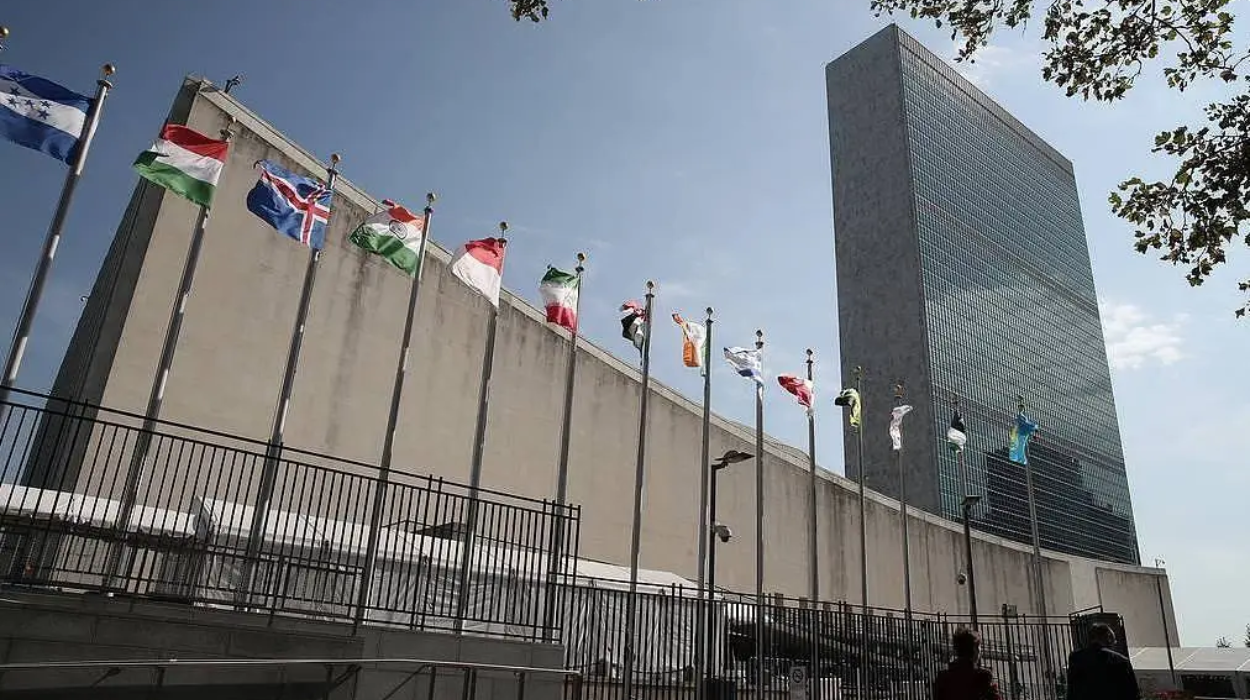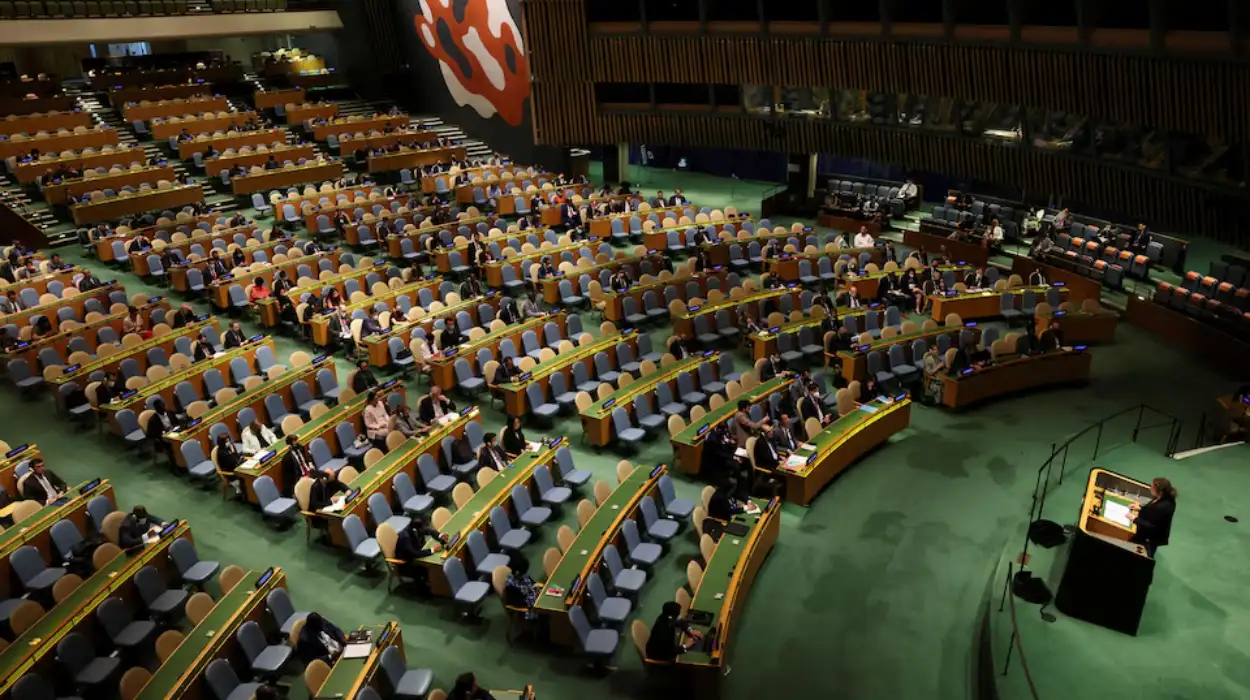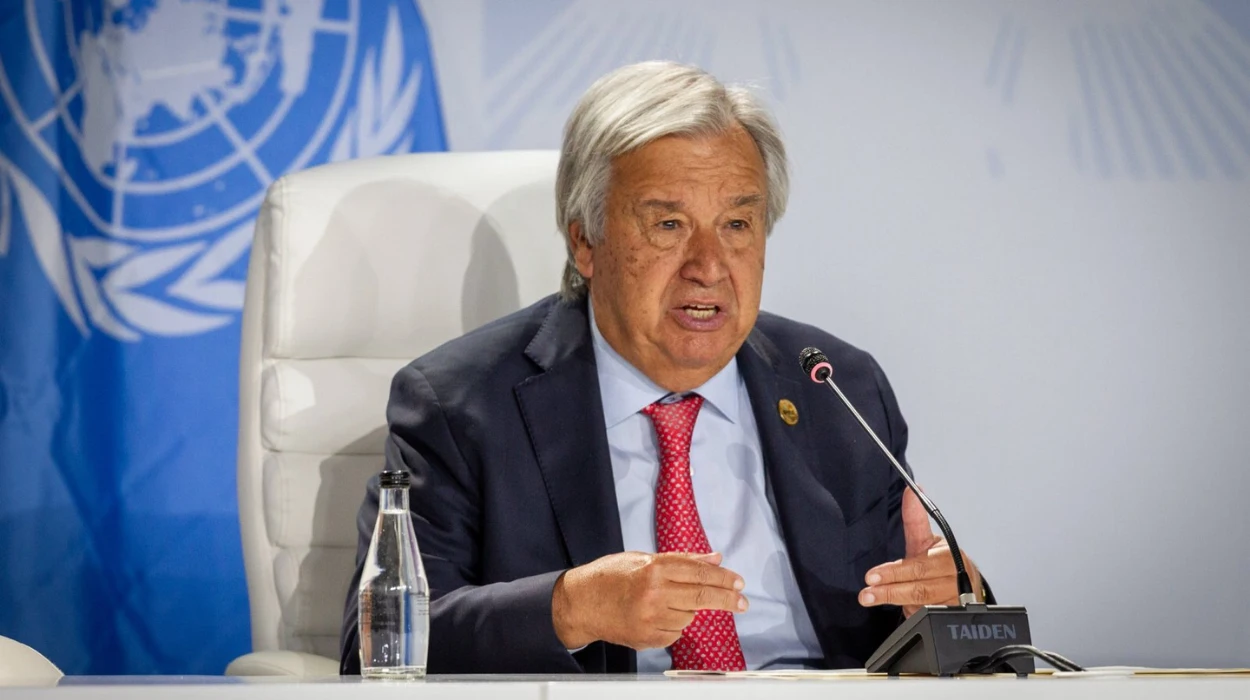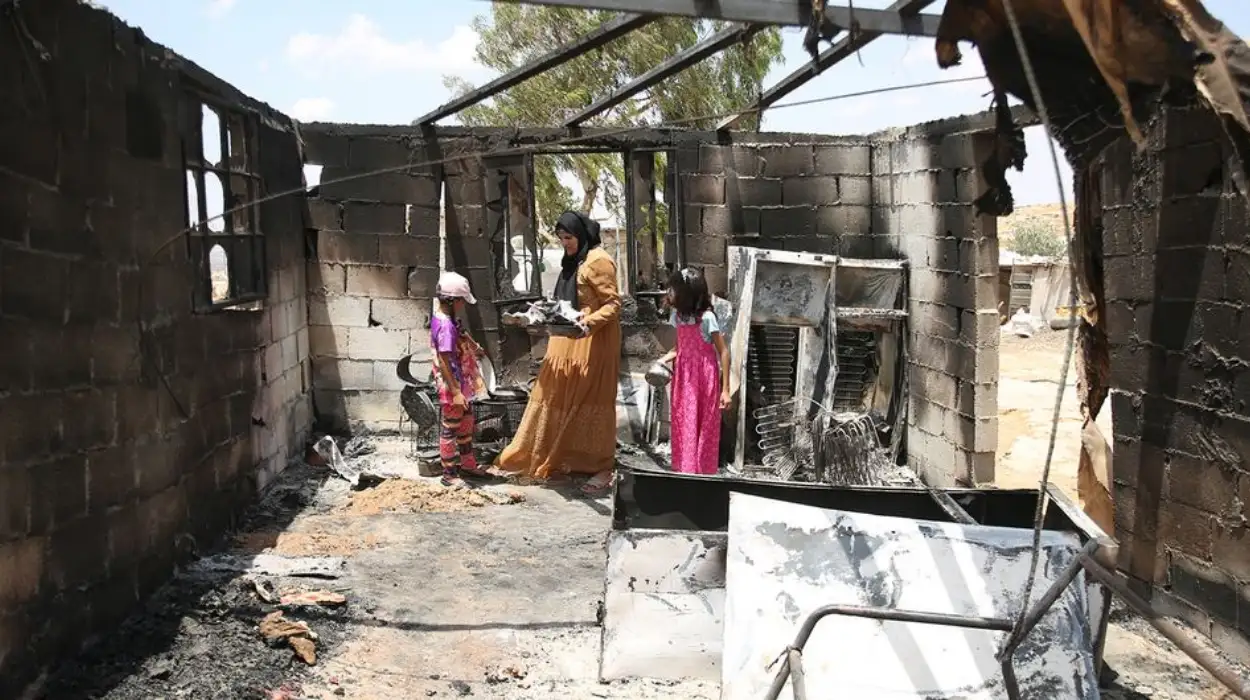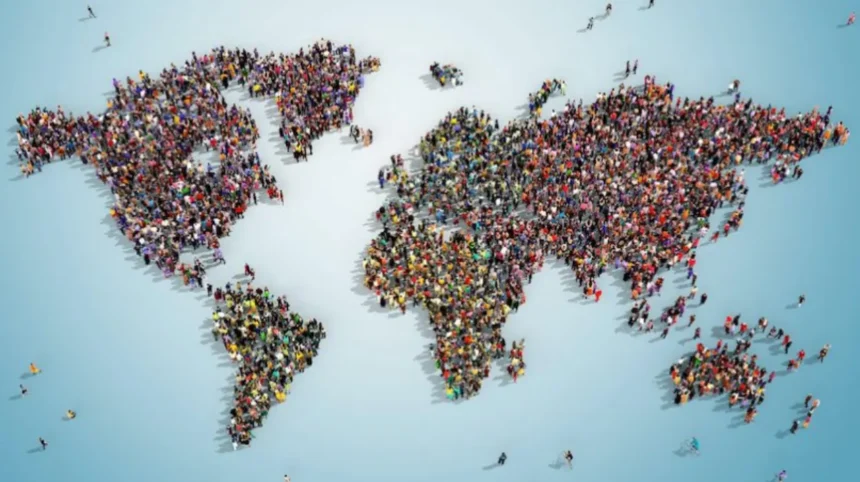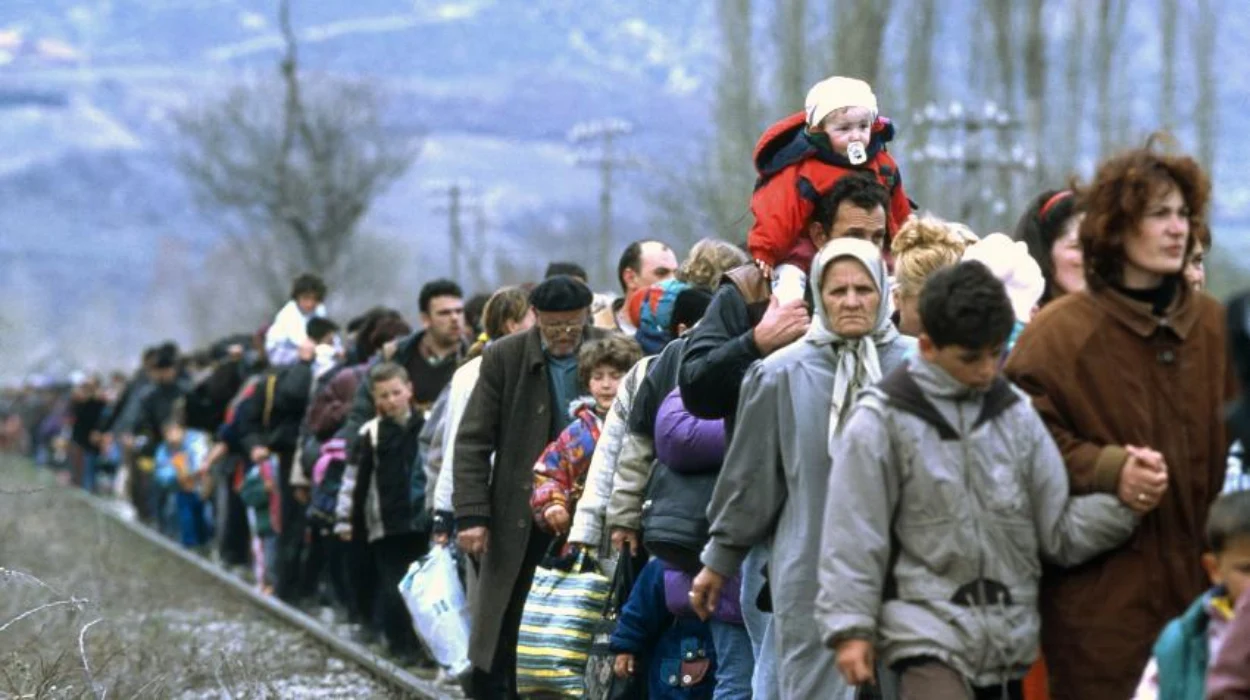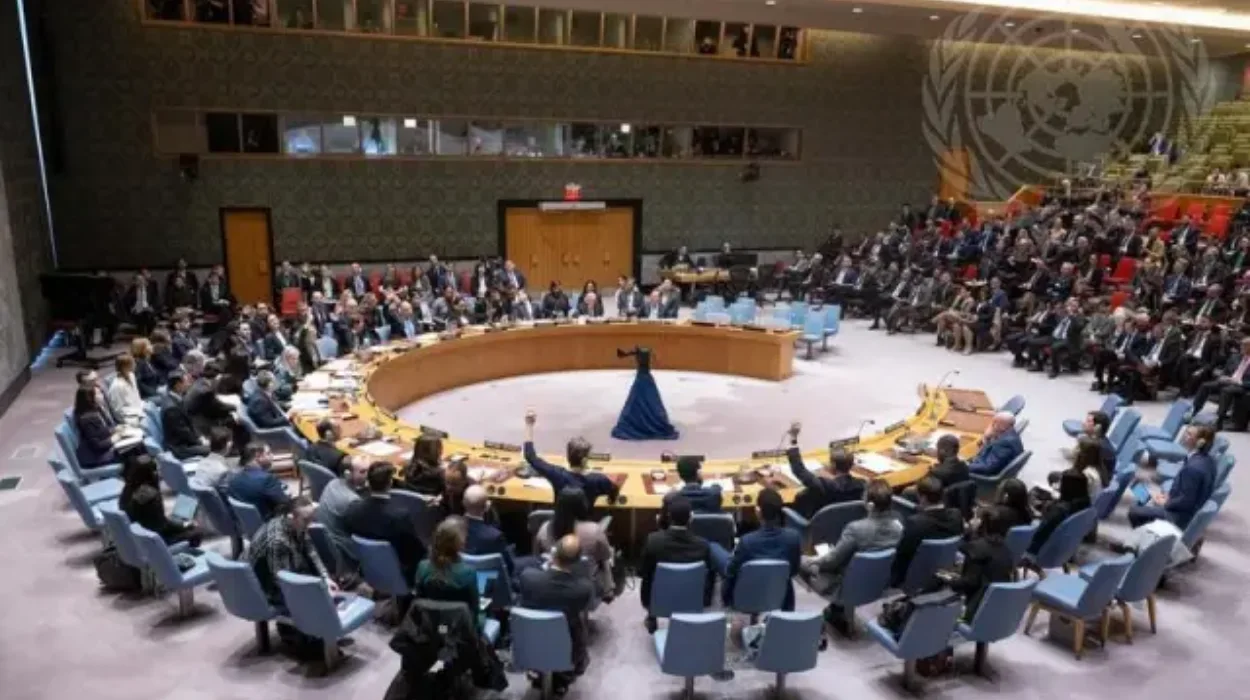The United Nations has Non-Governmental Organizations (NGOs) which are well integrated in the policymaking processes of the organization and provide the civil society with a distinct entry into a traditionally, state dominated multilateral structure. By 2025, more than 6,400 NGOs have been granted consultative status by the UN Economic and Social Council (ECOSOC) and are thus a well-organised, but diverse, power in world governance. They are engaged in aspects of the provision of technical expertise, resolutions, influence and agenda setting. Although they add value to the policy making process, questions are still raised on the transparency of their operations and the likelihood of underhand influence in the UN corridors.
Legal Recognition And Formal Engagement Mechanisms
ECOSOC consultative status is the key to NGO involvement at the UN, which is awarded under Article 71 of the UN Charter. This title enables NGOs to participate and make contributions to formal sessions, to make written statements and oral contributions, and to jointly organize side-effects with UN organizations. The system was aimed at institutionalizing the role of civil society and formalising the input of the civil society on social and economic issues. Practically, NGOs of this status have access to important organs of the UN, including the Human Rights Council, the Commission on the Status of Women, and the bodies of other treaties.
But this has become a more complicated process to achieve. As the applications are projected to reach 1,000 per annum by 2025, the NGO Committee of the UN has a limitation on resources and facing political pressure most of the time results in the backlog of applications and irregular patterns of approvals. Procedural instruments have also been used by the states to procrastinate or prevent applications of an organization that is deemed hostile or inconvenient politically.
Participation benefits and procedural hurdles
NGOs provide on-the-ground knowledge including thematic knowledge which frequently identifies problems that are ignored during intergovernmental negotiations. Their existence leads to a pluralistic policy process which is indicative of a multiplicity of interests other than state actors. Nonetheless, there are still bureaucratic bottlenecks particularly on accrediting newer organizations in the Global South or sectors that are politically sensitive. Some have criticized the NGO Committee, and its mandate and criteria, as requiring reform to be more fair and functional, due to criticism by actors in the civil society.
Influencing Policymaking: Advocacy, Data, And Coalition-Building
Amongst the most impactful normative shifts of the UN, NGOs have played the core role in them. Their activism led to the adoption of the International criminal court, the Arms trade treaty, and the convention of the rights of persons with disabilities. Through field credibility and openness to diplomatic processes, the NGOs have spearheaded international movements that moved words and promises in official resolutions.
The International campaign to ban landmines is an example of the strength of NGO coalitions. Although the Ottawa Treaty is not a UN treaty, the Ottawa Treaty process was triggered by the continued involvement of NGOs with the UN diplomats and humanitarian agencies and this reformed the international approach toward landmines and how it operated in the post-conflict areas.
Information provision and expert analysis
NGOs are often viewed as credible sources of expert information. Companies like Human Rights Watch, Amnesty International, and the International Crisis Group produce reports and on-field information, which sometimes becomes the point of reference in the discussions of the General Assembly and the Security Council. The plausibility of their facts influences perceptions and legitimizes accountability procedures and systems particularly in environments where governments deprive access to independent observers.
Their impact is also further increased by coalition-building. Transnational NGO networks work together on issue areas, providing a single side and sharing technical resources. Such alliances usually offer consensus policy suggestions that shape the negotiation policies and voting pattern of the member states.
Transparency Concerns And Allegations Of Hidden Influence
Although transparency and accountability in governments are promoted by a number of NGOs, questioning their own governance and funding has been on the rise. In 2024, the Geneva Governance Platform reported that approximately 40 percent of NGOs that received the ECOSOC accreditations did not make their financial sources transparent to the public. This has created anxieties that donor driven agendas be it on a state level, corporate level, or even private foundations, may bias the advocacy priorities or inject geopolitical bias in the UN forums.
There has been an increased demand on the increased financial transparency, especially on the organizations in fragile or conflict-stricken states. Watchdog organizations support a unified disclosure standard among UN-accredited NGOs to enhance both credibility and against co-optation.
Politicization and selective engagement
The problem of political interference in the NGO accreditation process still exists. Those states also act against specific causes or critical review of human rights have exercised their influence over the ECOSOC NGO Committee to obstruct or postpone applications of organizations considered controversial by the state. This dynamic does not only limit the space of civil society, but also the credibility of the very consultative mechanism.
In addition, there have been allegations that certain NGOs are acting as proxies to state interests or corporate lobbying, and thus, more clarity is needed that would define legitimate advocacy and influence operations. Openness in relations and business purpose is becoming a crucial consideration to keeping the UN multistakeholder model integrity.
The Evolving Landscape: NGOs And Global Policymaking In 2025
The internet revolution of diplomacy and lobbying has changed the way NGOs work. The toolkit of advocacy includes virtual consultations, AI-generated policy briefs, and blockchain-supported transparency reports in 2025. These tools enhance the scope and efficiency of NGOs but need capacity-building so as to provide equal access to all areas and organizations of varying sizes.
The NGOs are also utilizing social media analytics and digital narratives to shape the world’s stories. This tendency allows mobilizing quickly around new crises, e.g. an ecological catastrophe or human rights abuse, putting pressure on the masses that is converted into diplomatic actions.
Internal reforms and normative evolution
The UN itself is also taking a review of its system of civil society involvement within the framework of the roadmap of the implementation of the document Our Common Agenda. It will address the proposed reforms to increase access to NGOs led by youth and indigenous people, simplify accreditation, and provide equitable geographic representation. These activities are based on a realization that the key to a legitimate engagement in a fast changing geopolitical setting is a variety of responsible civil society participation.
Parallel to it, the NGOs are undertaking internal reforms to enhance accountability. Best practices, code of conduct, impact assessment, and independent audits are becoming very common practices among major international organizations. These action plans are meant to enhance confidence between partners and the citizens, particularly where there is conflict in policies.
NGOs are indispensable to the functioning of the modern UN, acting as policy shapers, accountability agents, and knowledge providers. Their ability to influence global governance rests on both the strength of their arguments and the integrity of their practices. As concerns grow around transparency and influence, the sustainability of NGO participation hinges on a dual commitment: openness in operations and credibility in engagement. The intersection of political scrutiny, technological change, and evolving global norms ensures that the debate over NGO influence within the UN system will remain both relevant and dynamic in the years ahead.



